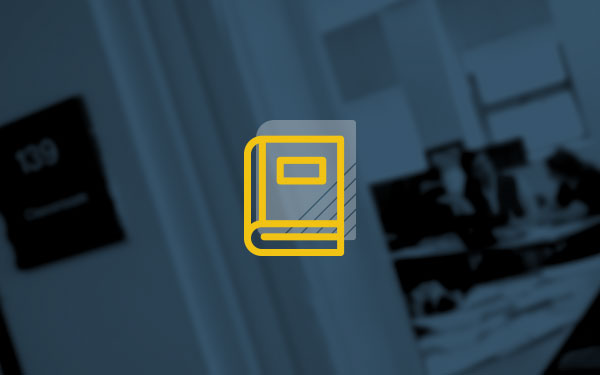
EC 4100: Microeconomic Theory
Analyze consumer behavior and market structures and their impact on the economic well-being of society.
Bachelor of Science
Studying Economics at Regis
Economics complements business in that economists are interested in why individuals and firms behave the way they do, rather than in finding ways for specific individuals or firms to increase their own welfare or profits. Economics provides the theoretical foundation for most of the practical and applied courses offered in the business curriculum.
In the B.S. Economics program at Regis, you will study the concepts of macroeconomic and microeconomic behavior, international economics, trade and finance to understand how economic systems function on a number of different levels.
Program Format
On-campus courses
Academic Term
16 week semesters
Cost of Attendance
$39,260/year

Analyze consumer behavior and market structures and their impact on the economic well-being of society.

Study various monetary and fiscal policies and their impact on economic growth and national income.

Use mathematical models to analyze economic variables when testing theory, evaluating policy and making economic forecasts.
Get all the details on our B.S. Economics program, including course requirements and application materials, by referencing the latest academic catalog.
Economic Forecasters gather data on inventory levels, how fast products are being produced and how much demand there is for a certain product. After gathering the data, Economic Forecasters calculate and predict at what rate companies need to be producing their product to increase sales.
Global Trade Specialists are responsible for managing international finance activities and making sure that payments are being received for imports and exports. Global Trade Specialists should also expect to serve as consultants on topics such as trade markets, tariffs and federal/foreign laws.
Economists are financial specialists that analyze the economy and its activity. Typically, Economists spend their time compiling financial and socioeconomic data and advising their clients which could be companies or organizations on their economic decisions.

How to Apply
To apply to the B.S. Economics program, you will need:
The first step in the application process is to contact an admissions counselor, who can help you through the entire application process, evaluate your prior learning credit (AP, IB, etc.) and provide information regarding financial aid and tuition assistance.
Tuition and Fees
Full-time tuition: $39,260/year (fall and spring semesters)
Part time (less than 12 credit hours per semester): $1,309/credit hour
Tuition does not include fees, room and board or personal expenses. For full cost of attendance information, visit the Tuition and Fees page. View the Transfer Guide for a complete list of transfer credit equivalents.
Curious about financial aid options? Regis offers a variety of scholarships, grants and other programs to help you pay for school. Check out our Net Price Calculator to get a better look at what your financial aid package may include.